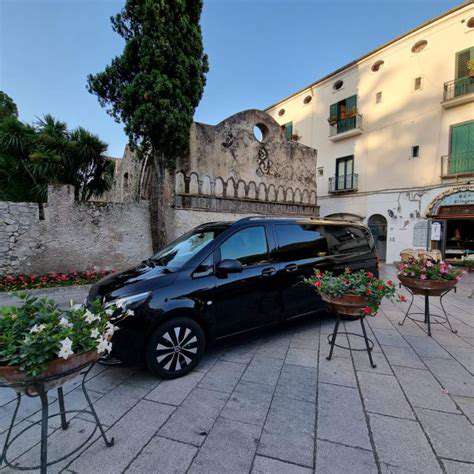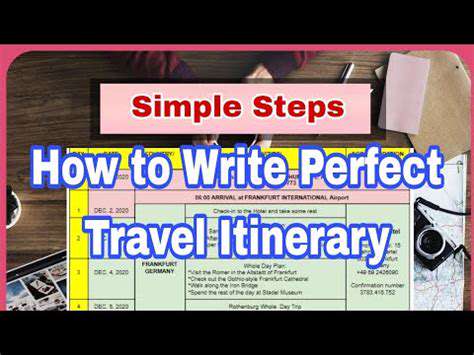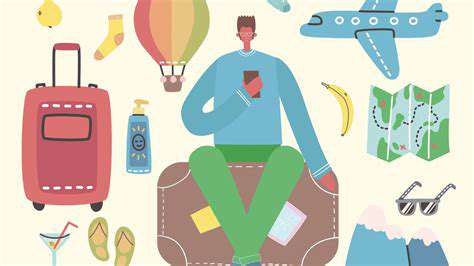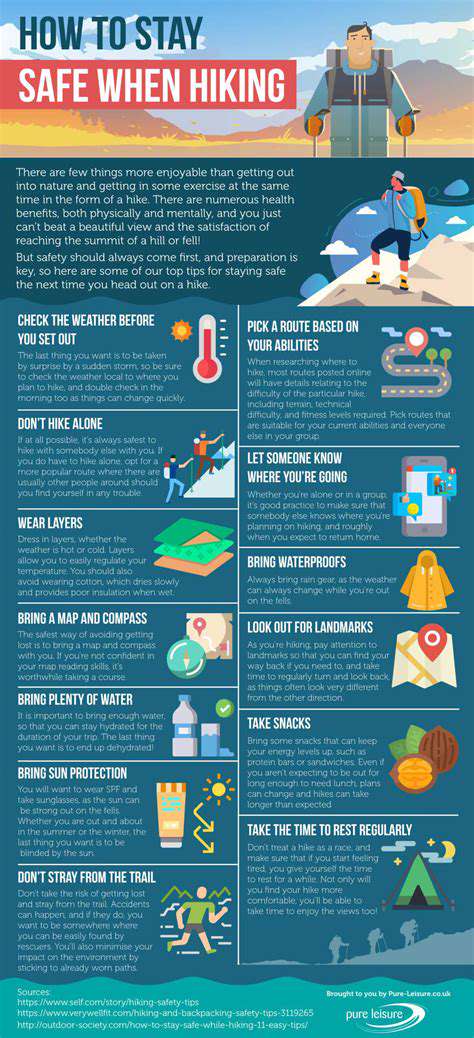Tips for Managing Your Money While Traveling
Creating a Realistic Travel Budget
Defining Your Travel Style
Before diving into the nitty-gritty of budgeting, it's crucial to understand your travel style. Are you a budget backpacker seeking off-the-beaten-path adventures, or a luxury traveler indulging in five-star accommodations and gourmet meals? Knowing your preferences will significantly influence your spending habits and the overall budget you'll need to create. A realistic budget is one that aligns with your chosen experience, avoiding unrealistic expectations that could lead to financial stress during your trip.
Consider what activities and experiences you're most excited about. If you're passionate about hiking, factor in the cost of gear rental or purchase, as well as potential entrance fees to national parks. If you're a foodie, you might want to include extra funds for dining out at local restaurants. Recognizing these aspects upfront can help you tailor your budget accordingly.
Estimating Trip Expenses
Accurately estimating the costs associated with your trip is the cornerstone of a successful travel budget. This involves meticulously calculating expenses for accommodation, transportation, food, activities, and potential unforeseen circumstances. Break down each category into smaller, manageable parts. For example, if you're flying, calculate the cost of airfare, baggage fees, and potential layover expenses. Don't forget to factor in costs for travel insurance, which can provide a safety net for unexpected events.
Use online tools and travel websites to research and compare prices for flights, hotels, and activities. Look for discounts and deals that could save you a substantial amount of money without compromising on quality.
Accommodation Choices
Accommodation options vary widely, offering a spectrum of choices to fit different budgets. Hostels, budget hotels, and Airbnb rentals present affordable options for budget-conscious travelers. For those seeking a luxurious experience, high-end hotels and resorts are available, but come with a higher price tag. Consider the pros and cons of each option to select the best fit for your financial goals and travel style. Compare prices across different platforms and book in advance to secure better rates.
Transportation Strategies
Transportation costs can significantly impact your travel budget. If possible, research and compare various transportation options such as buses, trains, or ride-sharing services. Consider the advantages and disadvantages of each option based on your destination and travel preferences. For example, while trains might offer a scenic journey, they could be more costly than buses. If you plan on using public transportation within your destination city, factor in the cost of local passes.
Food and Drink Budget
Food and drink are often significant expenses on a trip. Create a realistic food budget by considering your preferences and the cost of groceries versus dining out. If you prefer to cook some meals, factor in the cost of groceries and prepare a meal plan for your trip. If you prefer to dine out frequently, adjust your budget accordingly. Look for local markets, street food stalls, and affordable eateries to save money on meals.
Contingency Fund
An essential component of any travel budget is a contingency fund. This fund acts as a safety net for unforeseen circumstances, such as unexpected medical expenses, lost belongings, or changes to your travel plans. Estimate a reasonable amount for this fund, based on your trip duration and the potential for unforeseen expenses. This will give you peace of mind and allow you to adapt to unexpected situations without compromising your overall travel experience.
Maximizing Savings Before Your Trip
Budgeting Strategies for Maximum Savings
Creating a detailed budget before your trip is crucial for maximizing savings. This involves meticulously analyzing your spending habits, identifying unnecessary expenses, and allocating funds for essential travel items like accommodation, transportation, and activities. By understanding your financial limitations and setting realistic spending targets, you can effectively avoid overspending and ensure you have enough money to enjoy your trip without financial stress. This careful planning can significantly impact your overall travel experience by freeing you from anxieties about running out of money and allowing you to fully immerse yourself in the destination.
A key aspect of budgeting is identifying and eliminating discretionary spending. This could include reducing your daily coffee purchases, opting for cheaper meal options, or even forgoing certain entertainment activities. By proactively identifying and minimizing these expenses, you free up a significant amount of money that can be allocated to activities you truly value, such as visiting specific attractions or indulging in cultural experiences.
Travel Insurance and Contingency Planning
Travel insurance is an often overlooked but essential component of maximizing savings before a trip. It provides financial protection against unforeseen circumstances like trip cancellations, medical emergencies, or lost luggage. While the cost of insurance might seem like an extra expense, it can ultimately save you from significant financial burdens down the road. Understanding the different coverage options and choosing a plan that best suits your needs is crucial for securing your financial well-being during your travels.
Moreover, contingency planning is essential to mitigate potential financial risks. This includes setting aside a small emergency fund to cover unexpected expenses that may arise during your trip. Having a backup plan for unforeseen circumstances can give you peace of mind and allow you to adapt to situations without jeopardizing your entire budget.
Utilizing Discounts and Promotions
Savvy travelers often take advantage of discounts and promotions to save money on accommodations, flights, and activities. This could involve researching deals on travel websites, booking flights and hotels in advance for potential discounts, or looking for coupons for activities and attractions. By being proactive in seeking out these opportunities, you can significantly reduce the overall cost of your trip and maximize your savings. This proactive approach can lead to substantial cost reductions, allowing you to allocate more funds for experiences and souvenirs.
Another aspect of utilizing discounts is being flexible with travel dates. If possible, traveling during the off-season or on weekdays can often lead to lower prices on flights and accommodations. This flexibility, combined with a proactive approach to finding deals, can lead to significant savings and allow you to make the most of your travel budget.
Pre-Trip Savings and Financial Management
Prioritizing pre-trip savings can dramatically improve your travel experience. Establishing a dedicated savings account for your trip and consistently contributing to it over time can help you reach your financial goals. Setting aside a set amount each week or month, even small amounts, can contribute significantly to your savings over time. This approach creates a consistent and controlled savings strategy that will make your travel funds more accessible and reduce the stress of budgeting during your trip.
Additionally, managing your credit card and bank accounts carefully before and during your trip is crucial. Reviewing statements regularly, monitoring transactions, and using budgeting apps can help you stay on top of your finances and avoid unnecessary charges. This proactive approach to financial management can prevent surprises and ensure you maintain control over your spending during your journey.
Utilizing Travel Rewards and Discounts

Maximizing Your Rewards
Travel rewards programs are designed to incentivize frequent travel and offer a significant return on investment. Understanding how these programs work, such as points accrual rates, redemption options, and potential benefits like complimentary upgrades or access to exclusive lounges, is paramount to maximizing their value. A well-strategized approach to utilizing these points can significantly reduce the cost of future trips and provide a more enjoyable travel experience.
By strategically choosing rewards programs that align with your travel preferences and booking habits, you can accumulate points more efficiently and potentially unlock valuable perks. This often involves researching different programs, comparing their terms and conditions, and identifying the ones that best suit your needs.
Discovering Hidden Gems
Beyond the well-known hotel and airline programs, numerous smaller, niche rewards programs exist. These programs can offer surprising benefits, like discounts on activities, tours, or local experiences. Thorough research can uncover unique opportunities to enhance your travel experience without breaking the bank.
Exploring less-advertised options can lead to exceptional deals. These can range from discounted entry into museums and historical sites to access to exclusive events and experiences. It's all about digging deeper than the typical online search results.
Strategic Booking Strategies
Combining travel rewards with strategic booking practices can significantly reduce the overall cost of your trips. Analyzing the value of points for specific destinations and comparing them to the cost of direct payments can help you make informed decisions. This includes considering factors like the timing of your trip, the type of accommodation you prefer, and the level of flexibility you have when booking.
Looking at alternative booking platforms that partner with rewards programs can expose hidden discounts and opportunities to leverage your accumulated points. Paying attention to these details can significantly reduce the out-of-pocket expenses associated with travel.
Leveraging Discount Opportunities
Many travel rewards programs offer discounts on various travel-related services. This could include discounts on car rentals, travel insurance, or even pre-booked tours. Taking advantage of these discounts can save you money and improve your travel experience.
Understanding how to use these discounts effectively is essential. It involves careful planning and execution to ensure you're maximizing the value of your rewards and getting the best possible deal on your travel arrangements. The savings can be substantial and greatly impact the overall cost of your trip.
The Power of Discos in Travel
Incorporating elements of disco into your travel plans can add a unique and memorable dimension to your journey. This could involve seeking out destinations with vibrant disco scenes or incorporating disco-themed activities into your itinerary. Exploring music venues or nightclubs known for their disco nights can lead to unforgettable experiences.
Disco music, with its infectious energy and distinctive sounds, can create a unique atmosphere that enhances the overall travel experience. The celebratory nature of disco can be infectious, leading to a feeling of excitement and enthusiasm that transcends simple sightseeing. This can be a great way to make your trip even more special and memorable.
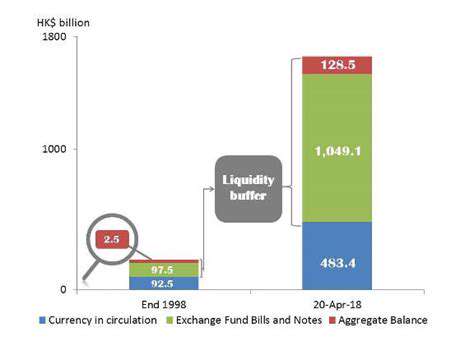

![Planning a Family Camping Trip [Beginner's Guide]](/static/images/27/2025-04/MakingtheMostofYourCampingExperience.jpg)

